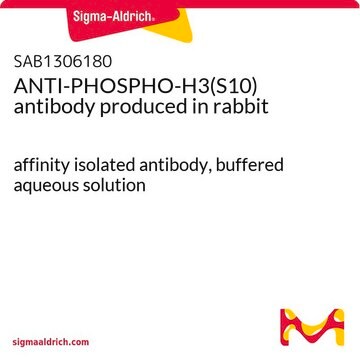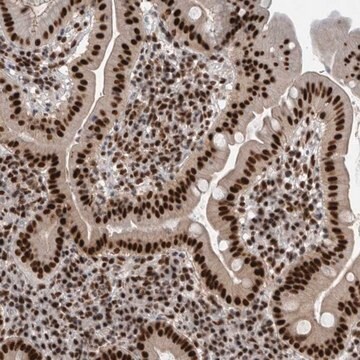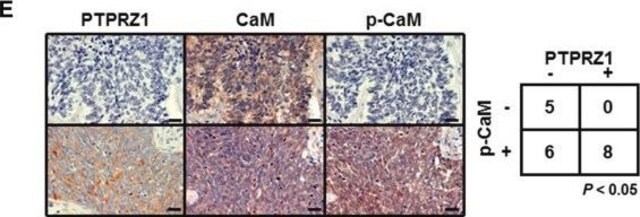SAB1306388
ANTI-ACTIVIN RECEPTOR TYPE IA (ACVR1) (CENTER R147) antibody produced in rabbit
IgG fraction of antiserum, buffered aqueous solution
Synonyme(s) :
ACVR1, ACVRLK2, Activin receptor type I, Activin receptor type-1, Activin receptor-like kinase 2
About This Item
Produits recommandés
Source biologique
rabbit
Niveau de qualité
Forme d'anticorps
IgG fraction of antiserum
Type de produit anticorps
primary antibodies
Clone
polyclonal
Forme
buffered aqueous solution
Poids mol.
57153 Da
Espèces réactives
human, mouse
Technique(s)
immunohistochemistry: 1:50-1:100
western blot: 1:1000
Numéro d'accès NCBI
Numéro d'accès UniProt
Conditions d'expédition
wet ice
Température de stockage
−20°C
Modification post-traductionnelle de la cible
unmodified
Informations sur le gène
human ... ACVR1(90)
Description générale
Application
Actions biochimiques/physiologiques
Forme physique
Clause de non-responsabilité
Vous ne trouvez pas le bon produit ?
Essayez notre Outil de sélection de produits.
Code de la classe de stockage
10 - Combustible liquids
Point d'éclair (°F)
Not applicable
Point d'éclair (°C)
Not applicable
Certificats d'analyse (COA)
Recherchez un Certificats d'analyse (COA) en saisissant le numéro de lot du produit. Les numéros de lot figurent sur l'étiquette du produit après les mots "Lot" ou "Batch".
Déjà en possession de ce produit ?
Retrouvez la documentation relative aux produits que vous avez récemment achetés dans la Bibliothèque de documents.
Notre équipe de scientifiques dispose d'une expérience dans tous les secteurs de la recherche, notamment en sciences de la vie, science des matériaux, synthèse chimique, chromatographie, analyse et dans de nombreux autres domaines..
Contacter notre Service technique







